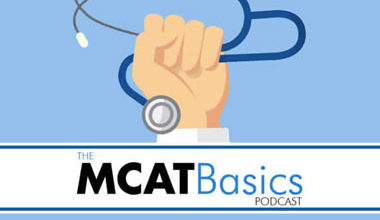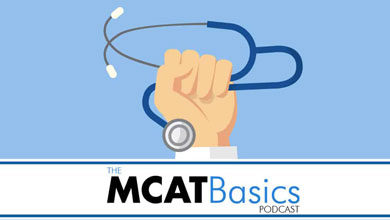The electron transport chain is a fundamental pathway in biochemistry, critical for understanding the energy production that powers cellular function.
In this episode, guest host Alex Starks breaks down the intricate process of the electron transport chain (ETC). Building on previous discussions of glucose metabolism, Alex walks through the components that play key roles in the movement of electrons through complexes within the inner mitochondrial membrane. We also cover the functions of coenzyme Q and cytochrome c, as well as oxygen’s critical role in completing the process.
Visit medschoolcoach.com for more help with the MCAT.
Jump into the conversation:
(00:00) Intro
(02:11) Recap of glycolysis, pyruvate, and the Krebs cycle
(03:02) Location of the TCA cycle and ETC in the mitochondria
(04:22) Overview of NADH and FADH2 production
(05:38) Complex I: NADH dehydrogenase and coenzyme Q
(08:00) Complex II: Succinate dehydrogenase and FADH2
(11:15) Complex III: Cytochrome c reductase and the role of proton pumping
(14:32) Complex IV: Cytochrome c oxidase and oxygen
(18:14) The role of ATP synthase
(21:47) Total ATP yield from aerobic respiration
(26:00) How the electron chain is disrupted
(30:20) Uncouplers and their metabolic effects
(35:16) Quiz

